Lian Swee Wah is an 85-year-old former Chinese teacher who enjoys writing. Her first book was an autobiography, written and published in 2019 with the help of a former student. She recently published her second book thanks to a pilot program at St Luke's ElderCare in Singapore, with the help of artificial intelligence (AI).
The program, called Golden Memories, uses an AI app to ask seniors questions and then record them in text or voice. With the information gathered, the app creates videos or text that can be turned into books. There are 15 seniors participating in this pilot program.
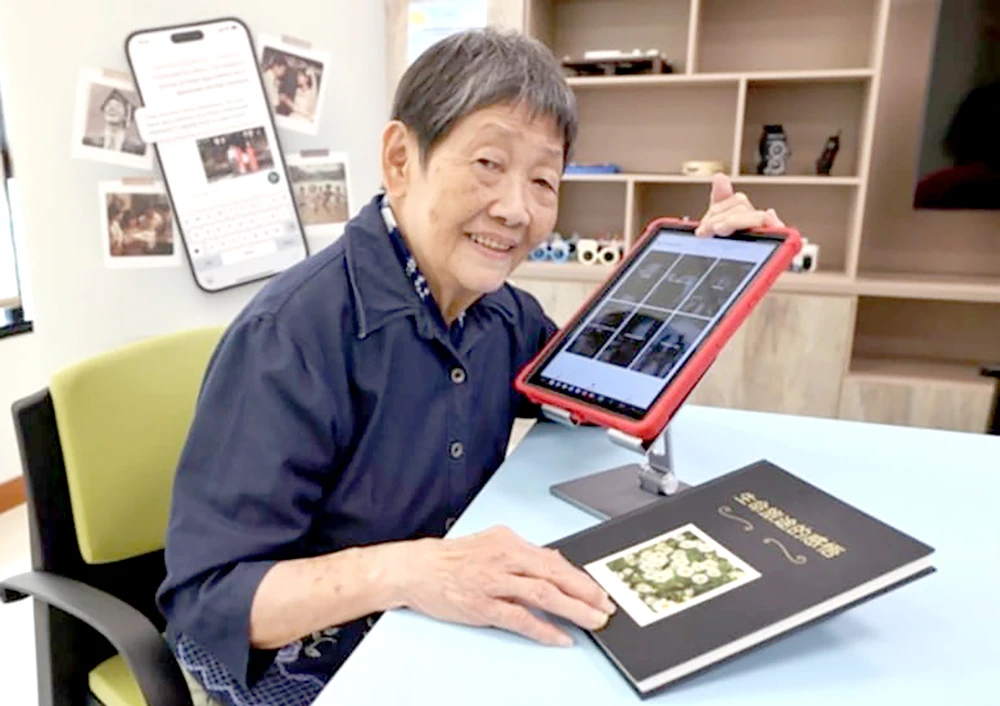
Another technology application used is an interactive wall that displays seniors' artwork in digital form. The artworks are tagged with QR codes, displayed on the wall. Seniors can then touch them, triggering animated effects.
The center also offers rehabilitation services using advanced robotic equipment to help seniors improve their mobility. These robots make therapy more engaging through games, encouraging seniors to actively participate and perform precise movements.
These programmes will soon be replicated in other senior care centres in Singapore. According to Dr Janil Puthucheary, Minister for Health , Digital and Information Development, Singapore is expected to have 1 million people aged 65 and above by 2030. Therefore, it is important to establish a strong infrastructure and a comprehensive network of care partners to support the elderly in the community.
The trend of using technology in nursing homes is also becoming more popular in China, as the country struggles to recruit caregivers for elderly patients.
In the Linzhi area of the Tibet Autonomous Region, a government- funded nursing home has provided digital bracelets to 32 of its 98 elderly patients and upgraded ordinary mattresses to smart mattresses for 10 elderly people who need special care. The devices are designed to send alerts to caregivers via smartphone if the elderly need help.
Other parts of China are also turning to smart technology to improve the quality of care for their rapidly growing elderly population. In Hangzhou, Zhejiang province, a community cafeteria is equipped with a device at its entrance that can assess the health of elderly diners and make dietary recommendations.
Similarly, in Qingdao, Shandong province, the government is funding the installation of smart beds in the homes of elderly people living alone. These beds can send alerts to community staff if the user is absent for a long period of time, signaling a risk of falling or other emergencies.
Official figures show that China has nearly 300 million citizens aged 60 or older. The elderly population is growing significantly due to a number of factors, including longer life expectancy and a falling birth rate. According to China’s National Health Commission, about 30% of the country’s population will be over 60 by 2050, creating a huge demand for caregivers.
KHANH MINH
Source: https://www.sggp.org.vn/cong-nghe-phuc-vu-nguoi-cao-tuoi-post763678.html





![[Photo] Binh Trieu 1 Bridge has been completed, raised by 1.1m, and will open to traffic at the end of November.](https://vphoto.vietnam.vn/thumb/1200x675/vietnam/resource/IMAGE/2025/10/2/a6549e2a3b5848a1ba76a1ded6141fae)


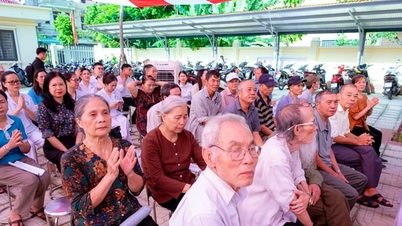



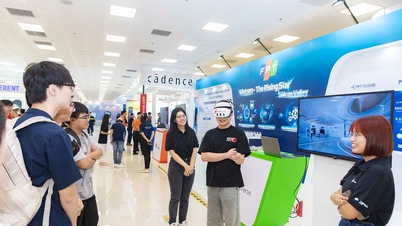


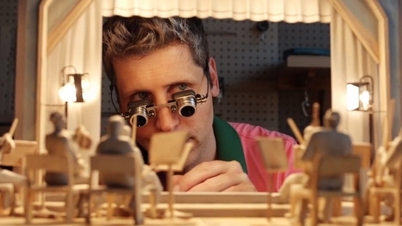

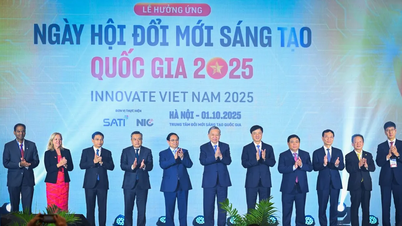


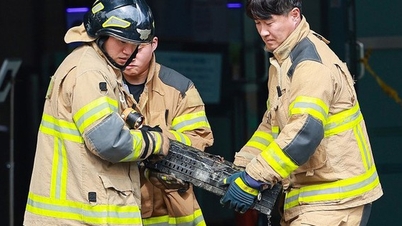

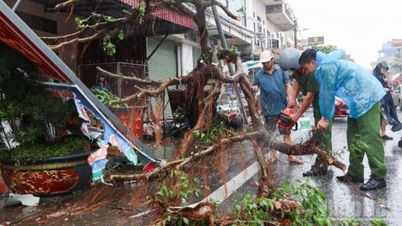
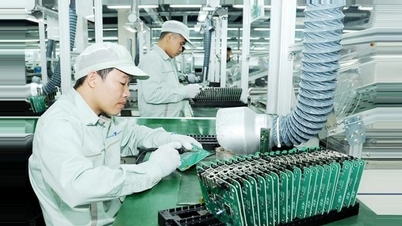
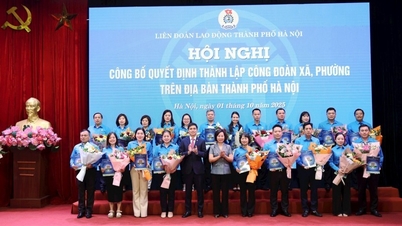




























































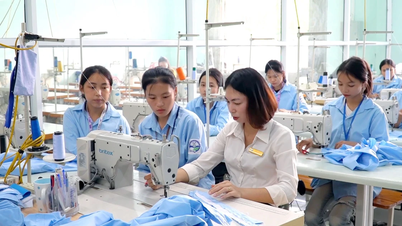


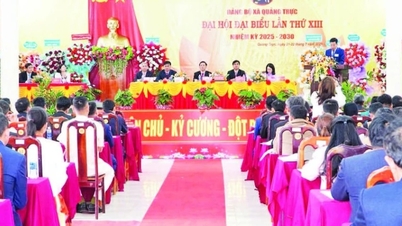















Comment (0)